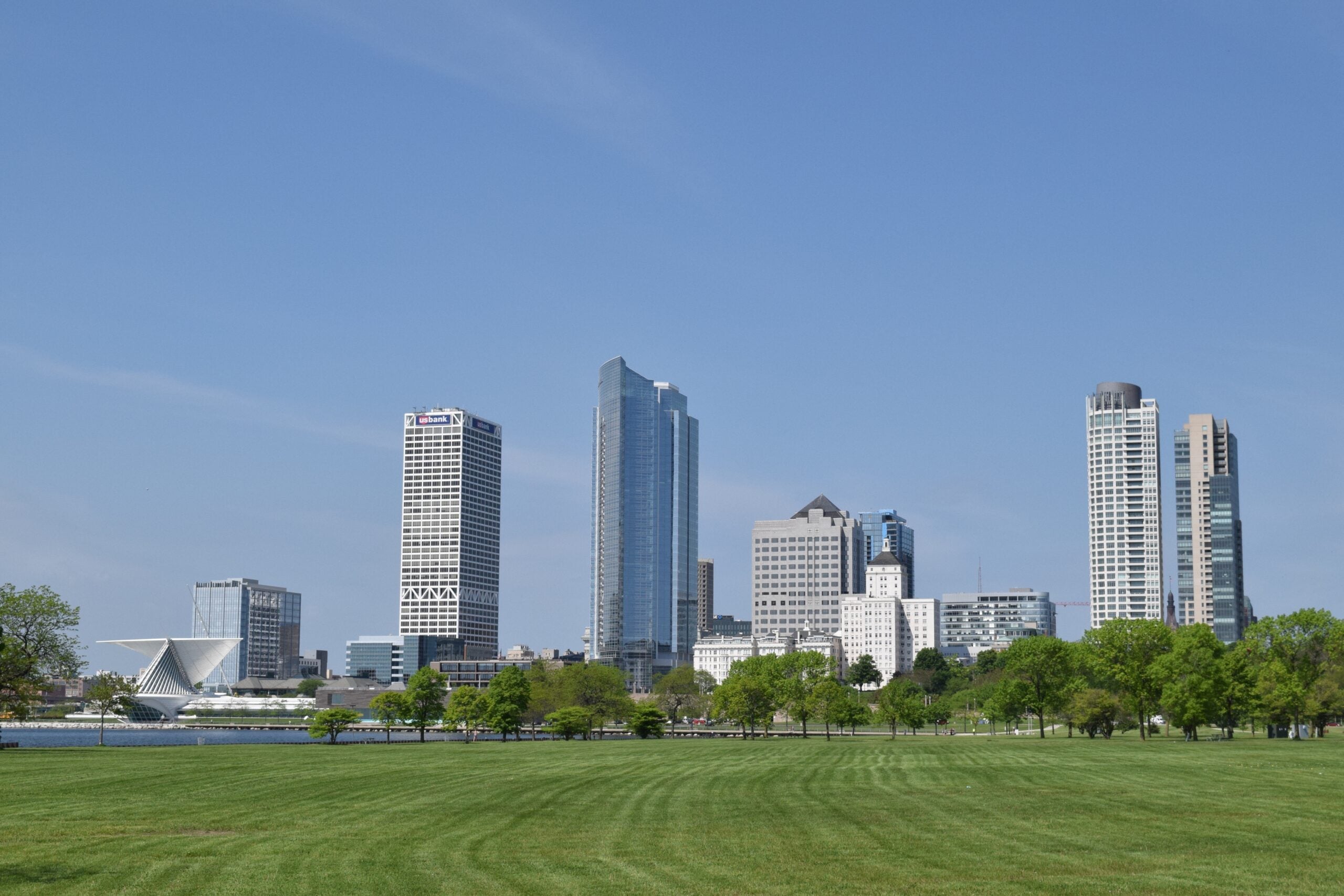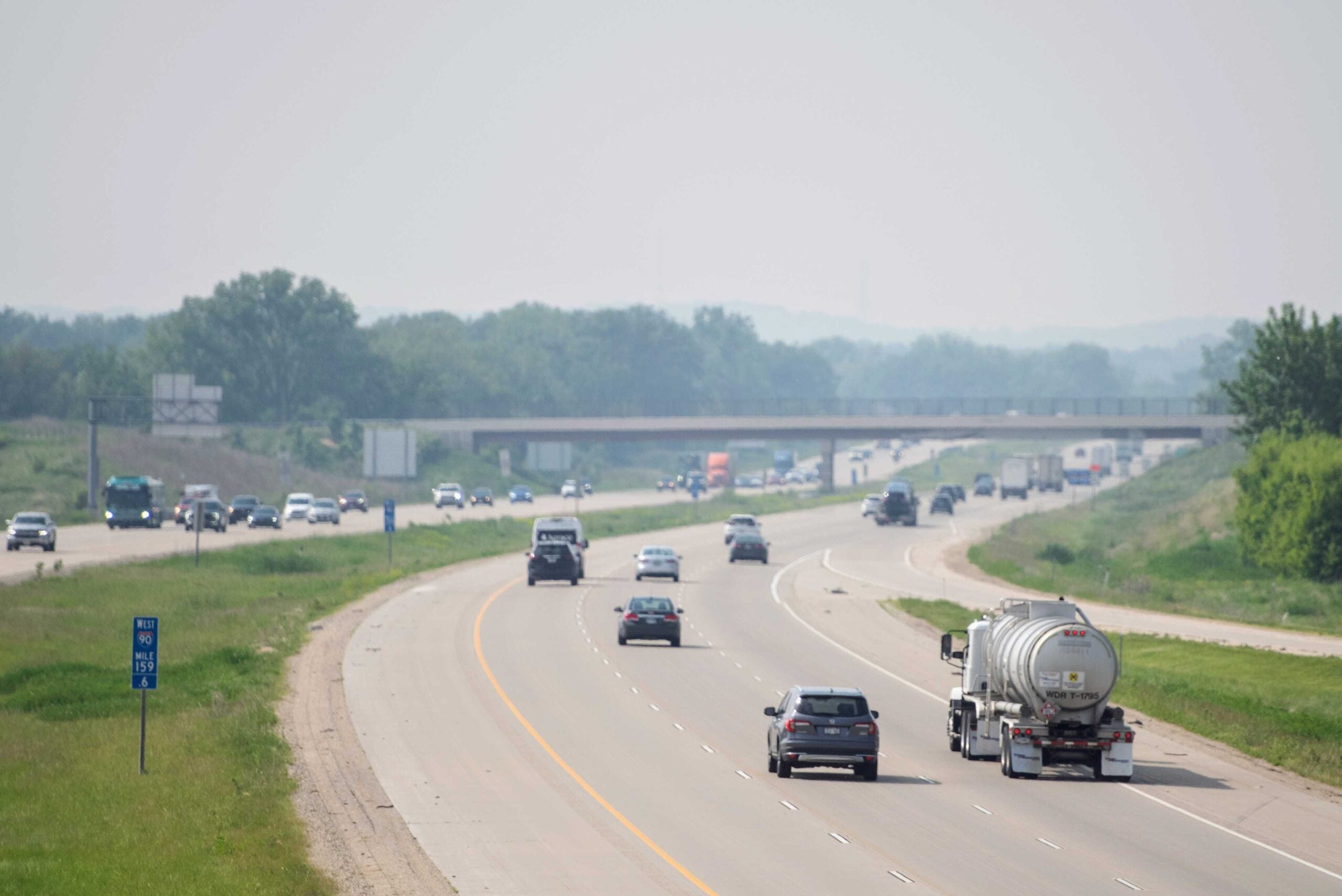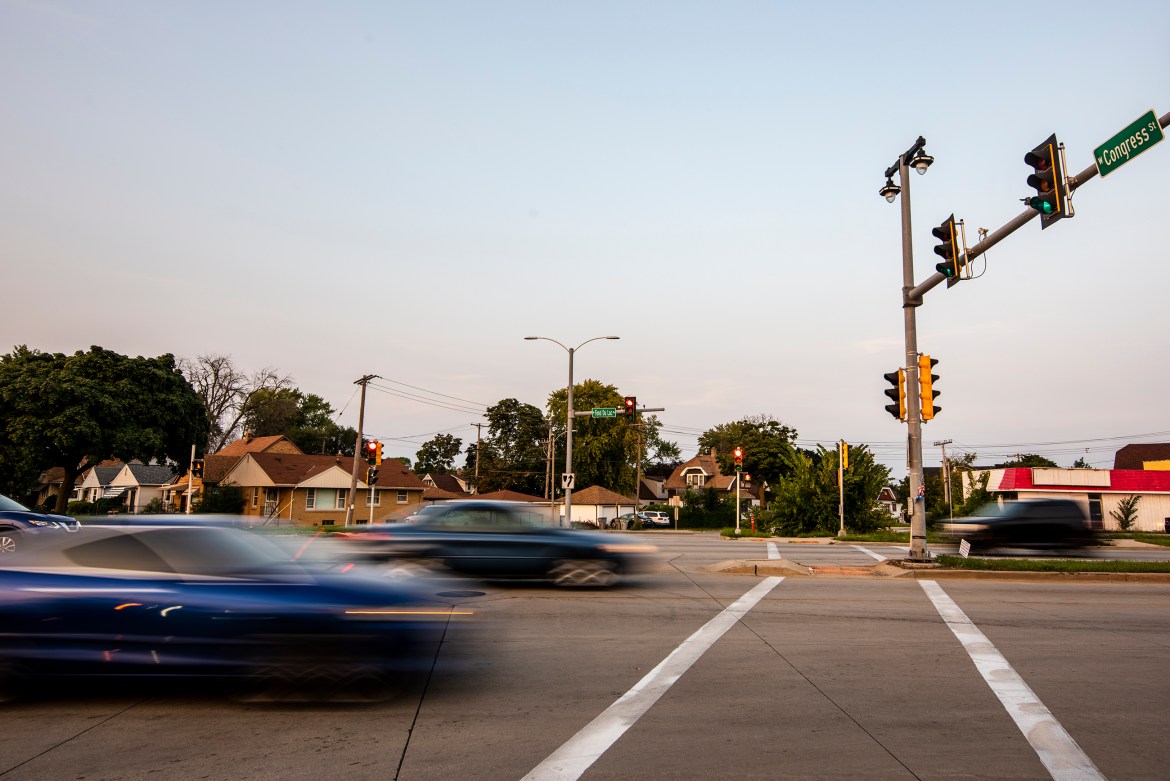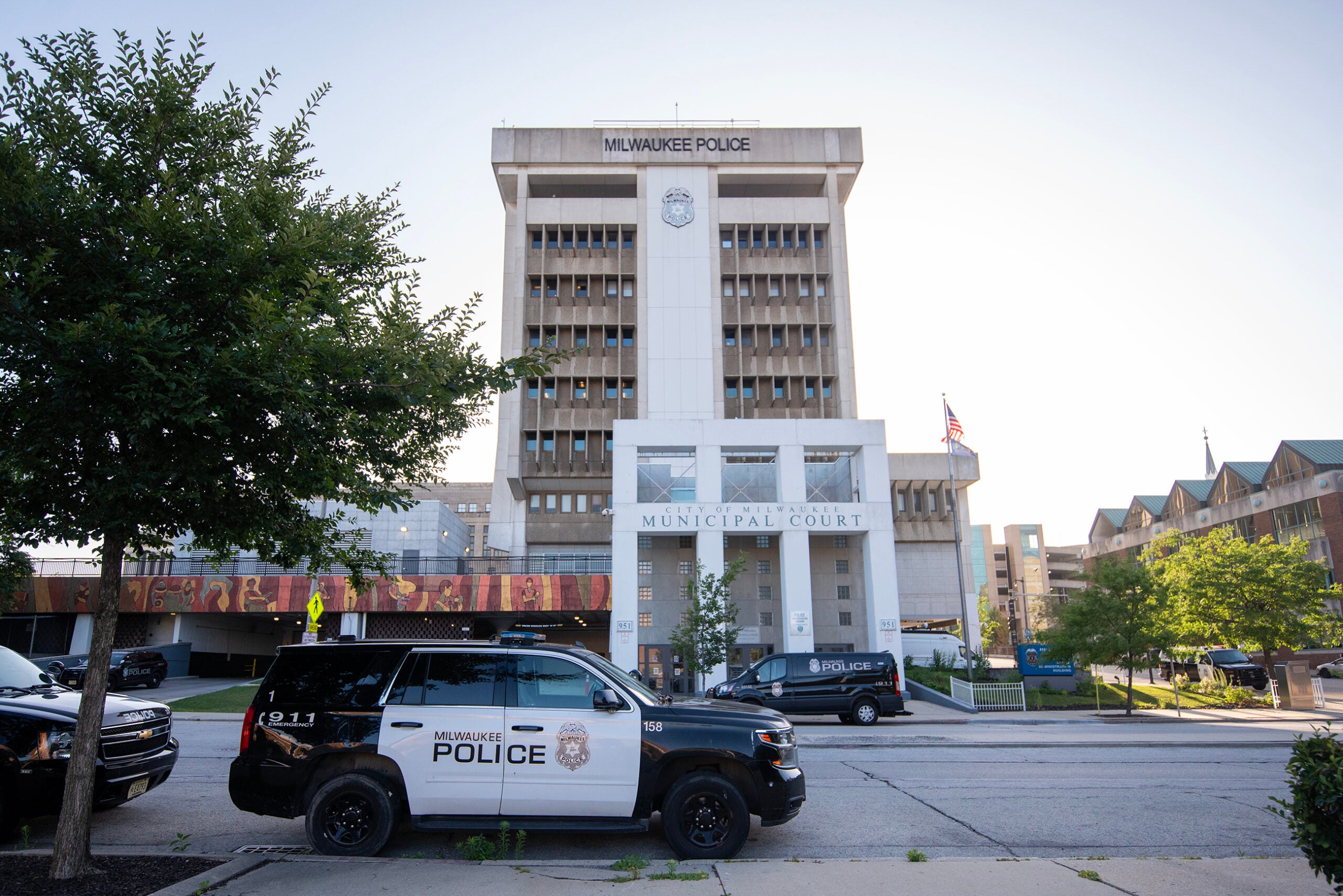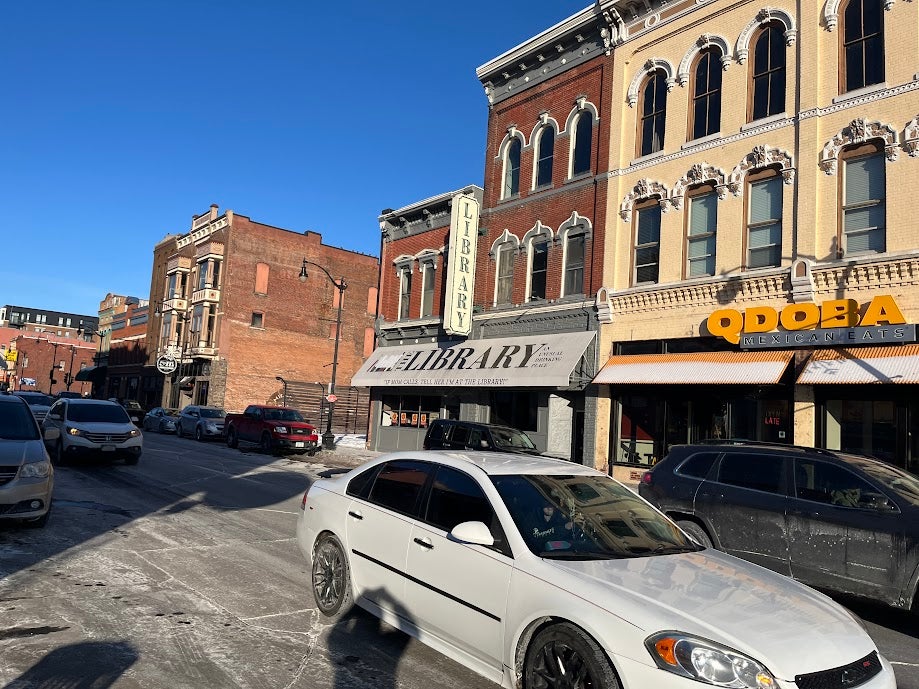The Milwaukee Common Council approved a 2 percent local sales tax Wednesday. The crucial vote will allow the city to avoid financial crisis in 2025 that would have forced cuts to services as costs surpass revenue and federal pandemic funds run out.
Milwaukee’s political and civic leaders have been requesting the Legislature’s approval for a new sales tax for years. That permission was granted last month under a bipartisan plan to overhaul local government funding. But the agreement between Gov. Tony Evers and the GOP-led State Legislature does not come without strings for Milwaukee.
The law requires the city to maintain a minimum level of police and fire staffing, has taken away power from the city’s police and fire commissions and requires a return of armed police to Milwaukee Public Schools. The city is also banned from using its sales tax revenue to hire people in charge of promoting diversity, equity and inclusion. The city’s streetcar is also off limits.
News with a little more humanity
WPR’s “Wisconsin Today” newsletter keeps you connected to the state you love without feeling overwhelmed. No paywall. No agenda. No corporate filter.
Council members called Wednesday’s vote the most difficult they’ve ever taken and described the strings attached by the Legislature as “unfair, oppressive and racist.”
In the end, the measure passed 12-3, with Alders Milele Coggs, Mark Chambers and Andrea Pratt voting against it.
Alder Robert Bauman suggested the Wisconsin Supreme Court could rule the bill does not follow “home rule” powers.
“We all know the consequences of not having this revenue, we all know the consequences of getting this revenue,” Bauman said. “I will support this, primarily because of the other measures we will pass in the future regarding push back against the state Legislature.”
Alder Russell Stamper said he hoped the state was negotiating in good faith, but he now knows “they are our enemies,” and made a deal knowing Milwaukee was in dire need of money.
“I can’t imagine Jim Crow laws, but I am living through Act 12 (the 2 percent sales tax agreement), and what we must do is be strong, resilient and wise like we have always been,” Stamper said. “I wonder if they understand that these are real peoples’ lives that we have to help, and they are just making it harder.”
Pratt, who previously worked as a paraprofessional for Milwaukee Public Schools making $20,000 a year, said a 2 percent sales tax hike is negligible to many, but would have devastated her family.
“Throughout this process, I have asked we prioritize those who do not earn a family sustaining wage and are on fixed incomes,” Pratt said. “I do not want to see us fail. I also do not want to save the city by sacrificing citizens. I reject the idea that we do not have a choice. I choose to not build a city on the back of elders on a fixed income. I choose not to have struggling working families foot the bill while they are targeted by poison policy.”
Before the meeting, Milwaukee Comptroller Aycha Sawa said the sales tax is the only way to maintain services in the future.
“The 2% sales tax in the city is paid by anyone doing business here and enjoying our city’s amenities…,” Sawa wrote in a statement before Wednesday’s Common Council meeting. “This is a unique one-time opportunity to stabilize the city’s financial future.”
The new law offers the city a potential $200 million in new revenue annually, with the sales tax. But also comes with increased costs for public safety and the city’s annual pension payments.
After the vote, Milwaukee Mayor Cavalier Johnson released a statement thanking the Common Council. Johnson has spent most of the year lobbying the Legislature and council members for the ability to raise the sales tax.
“In taking this action, the Council has protected Milwaukee and its residents from unimaginable cuts to library and public safety services,” Johnson’s statement says. “We have reached a turning point in the history of Milwaukee’s municipal finances. This is certainly the most significant change in how city services are funded in more than a century.”
The Milwaukee County Board of Supervisors will have a similar decision before them. The law allows the county to raise its sales tax by 0.4 percent with a two-thirds vote.
Wisconsin Public Radio, © Copyright 2025, Board of Regents of the University of Wisconsin System and Wisconsin Educational Communications Board.

